Written by Christian Salm,
 Between 23 and 26 May 2019, 350 million European Union (EU) citizens have the opportunity to vote for Members of the European Parliament. It will be the ninth time that EU citizens can vote directly for the policy- and decision-makers who will represent them in EU politics. Direct elections to the European Parliament are consequently one of the most important events in the EU political cycle. Moreover, with Brexit and other challenges to overcome before the new Parliament can be constituted, many EU observers attach a special significance to this ninth election in the history of direct European elections. Before the elections take place therfore is a good time to look back to the very first direct election to the European Parliament, held forty years ago, in 1979. A history roundtable, jointly organised by EPRS, the European University Institute (EUI) and the Association of Former Members of the European Parliament (FMA); took place on 3 April 2019 to recall this occasion, and to discuss the Parliament’s past as a new political institution in the making.
Between 23 and 26 May 2019, 350 million European Union (EU) citizens have the opportunity to vote for Members of the European Parliament. It will be the ninth time that EU citizens can vote directly for the policy- and decision-makers who will represent them in EU politics. Direct elections to the European Parliament are consequently one of the most important events in the EU political cycle. Moreover, with Brexit and other challenges to overcome before the new Parliament can be constituted, many EU observers attach a special significance to this ninth election in the history of direct European elections. Before the elections take place therfore is a good time to look back to the very first direct election to the European Parliament, held forty years ago, in 1979. A history roundtable, jointly organised by EPRS, the European University Institute (EUI) and the Association of Former Members of the European Parliament (FMA); took place on 3 April 2019 to recall this occasion, and to discuss the Parliament’s past as a new political institution in the making.
The roundtable brought together former Presidents and former Members of the European Parliament, as well asnd academics from the field of EU politics and history. EPRS Director-General, Anthony Teasdale, opened the roundtable, emphasising the importance of raising the awareness of the Parliament’s past, and its presence as a political institution that has gained substantial decision-making powers since the first direct election in 1979. In this context, he underlined the role of former Presidents and former Members as key players in maintaining Parliament’s public profile, and influencing debates on EU politics in the Member States. He also mentioned that increased historical research on the Parliament is needed to close the gaps in Parliament’s history. More studies should be carried out, along the lines of a recent EPRS research project on Parliament’s culture, role, and impact during the first two directly-elected Parliaments from 1979 to 1989. The results of this EPRS research project were presented in the first panel discussion of the history roundtable.
Researching the Parliament’s character, composition and culture in the 1980s, Birte Wassenberg (Professor of Contemporary History at the University of Strasbourg) stressed three key elements of the EP in that decade. She described, firstly, how Parliament’s inter-groups such as the Kangaroo Group, an association created in 1979 as an informal gathering of members of the European institutions from different countries and political affiliations, contributed to creating a European family. Secondly, she pointed to the effects of the Parliament’s working culture on Members, including those with an Eurosceptic view. Thirdly, she underlined the Parliament’s engagement in the fight for women’s rights, exemplified by the election of Simon Veil as President of the first directly-elected Parliament.
Exploring Parliament’s policies on the institutional reform of the European Communities in the 1980s, Wolfram Kaiser (Professor of European Studies at the University of Portsmouth) explained how the Parliament fulfilled key functions in building the present-day EU. He argued that these functions included defining a set of criteria for effective and democratic governance and developing legal concepts such as subsidiarity. Moreover, he argued that the Parliament pressured the Member States into accepting greater institutional deepening and more powers for the Parliament in the 1986 Single European Art and the 1992 Maastricht Treaty.
Inquiring into the Parliament’s role in the development and implementation of the single market programme (1979 to 1989), Laurent Warlouzet (Professor of Contemporary History at the Université de Boulogne) addressed various ways the Parliament affected the policy-making process behind the programme. He outlined, for example, that the Parliament exercised intellectual influence by developing and using the notion of the ‘cost of non-Europe’, a concept used to quantify the potential efficiency gains to be made for the European economy through pursuing further integration and harmonisation in various European policy fields. Furthermore, he demonstrated that the Parliament set and shaped the Community’s economic agenda, as for example in case of the ‘relaunch of Europe’ initiative, with the aim to overcome economically disadvantaged Member States’ situations in the 1980s. Finally, he pointed out how the Parliament pushed the Commission to act with regard to the implementation of the single market programme.
Moderated by the Director of the EU Archives at the EUI, Dieter Schlenker, the second panel gathered four former Parliament Presidents and one former Parliament Vice-President: Charlotte Cederschiöld (Vice-President and Chair of Conciliation 2001-2001), Enrique Barón Crespo (President 1989-1992), Klaus Hänsch (President 1994-1997), Pat Cox (President 2002-2004), and Hans-Gert Pöttering (President 2007-2009). The panel of influential actors in the EP’s history reflected on the forty years of direct elections and emphasised that, despite being complex, the EU’s decision-making systems are democratic, thanks in part to the direct elections to the European Parliament. Moreover, they underlined that, within the last four decades, the Parliament has changed and developed tremendously, becoming a legislative maker equal to the Council. They also addressed possible challenges for constituting the Parliament after the election in May 2019. Here, they particularly mentioned the possible increase of Eurosceptic representation. Asked to provide a slogan for the European elections to come, Pat Cox referred to a quote by one of the EU founding fathers, Jean Monnet: ‘Ce qui est important, ce n’est, ni d’être optimiste, ni pessimiste, mais d’être déterminé‘, adding that: ‘The Parliament is determined to succeed in the next election.’

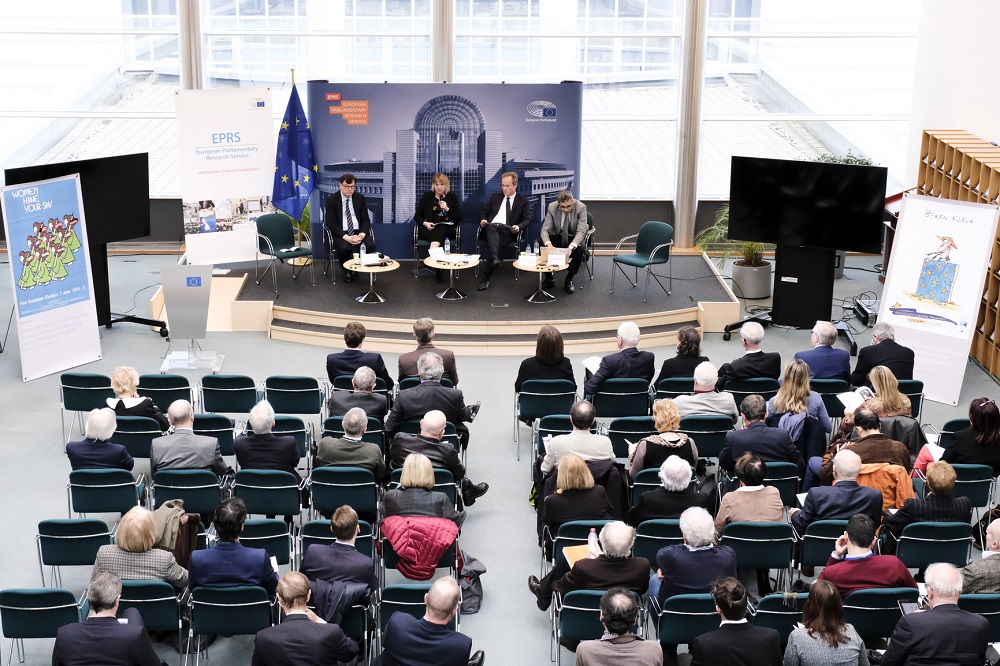
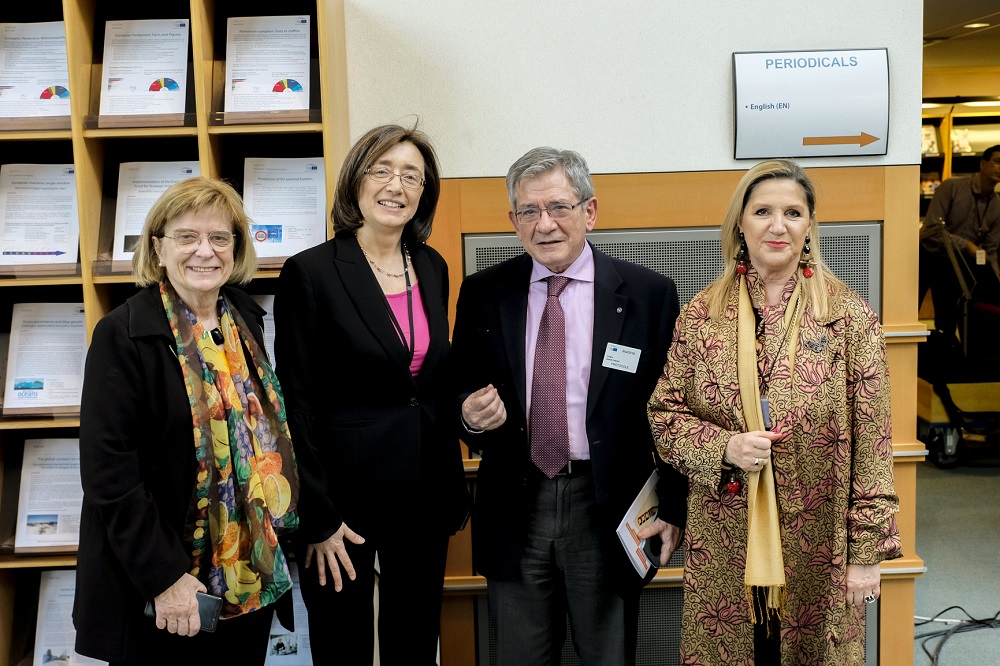
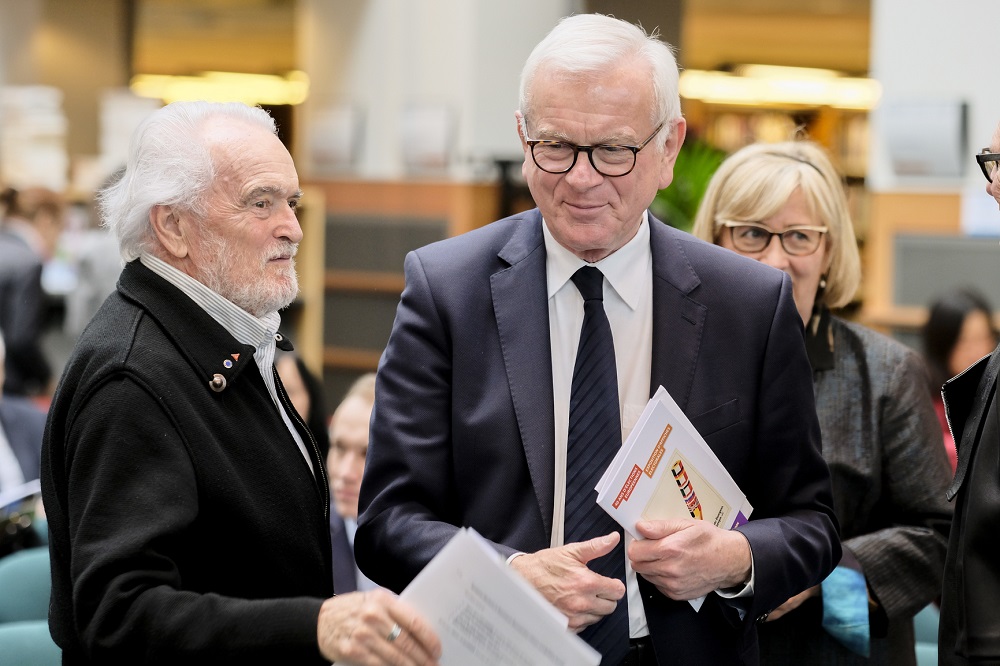
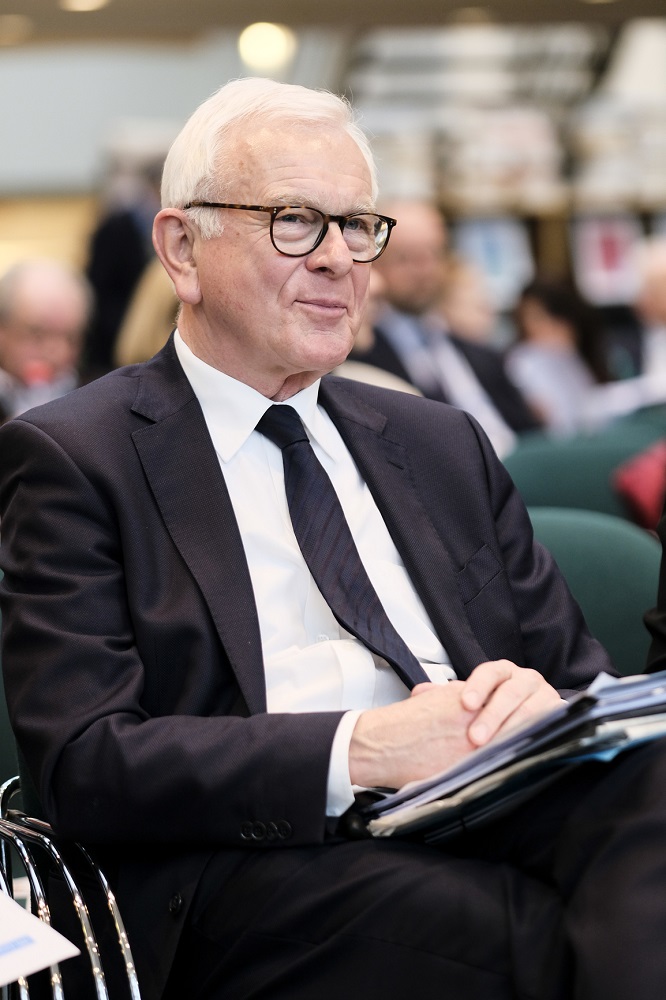
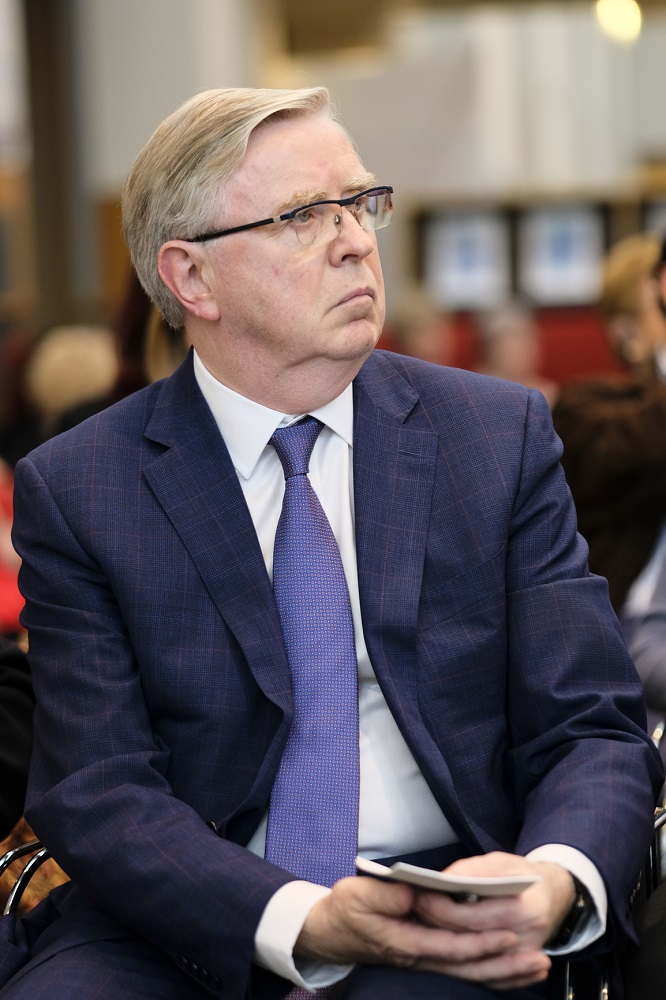
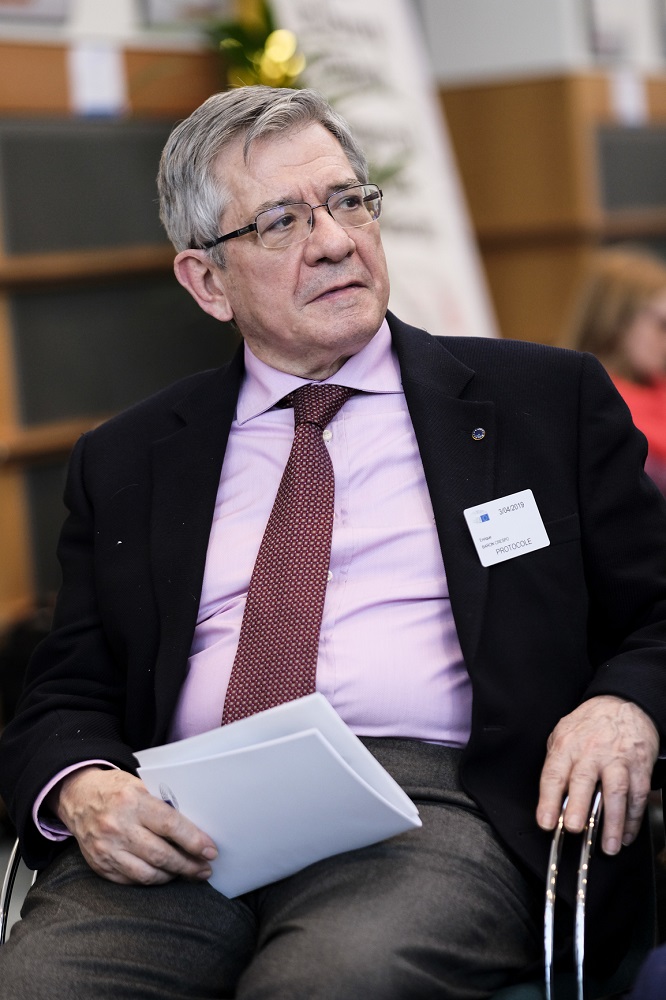
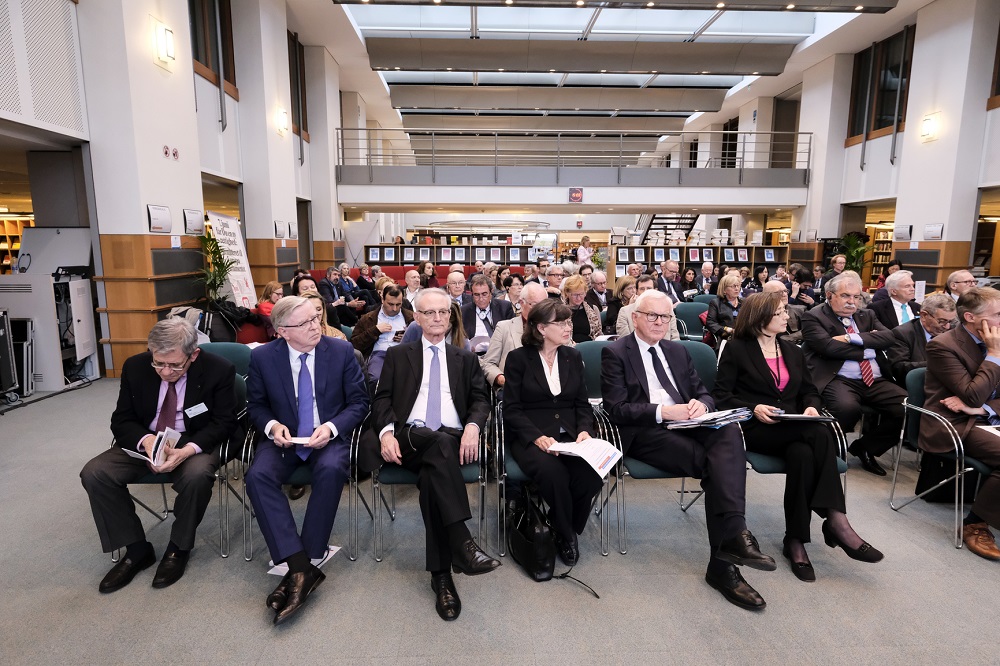
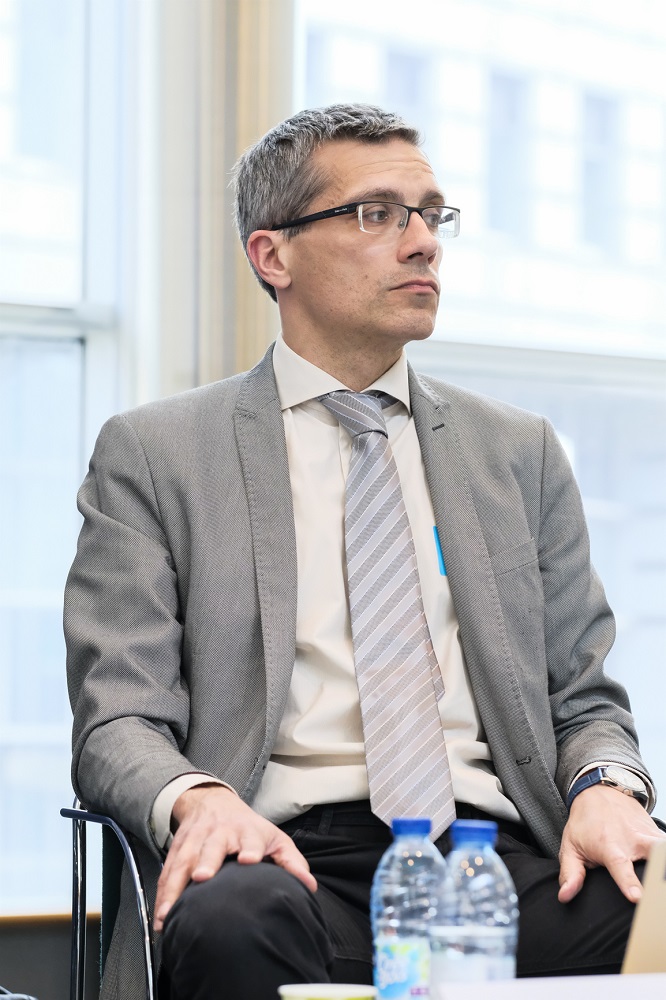
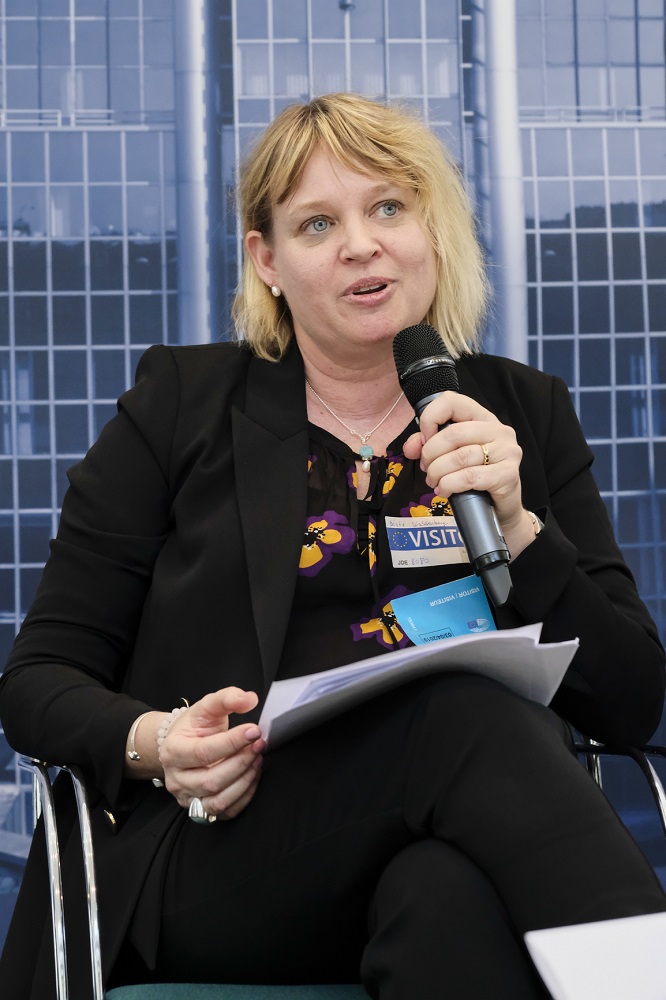
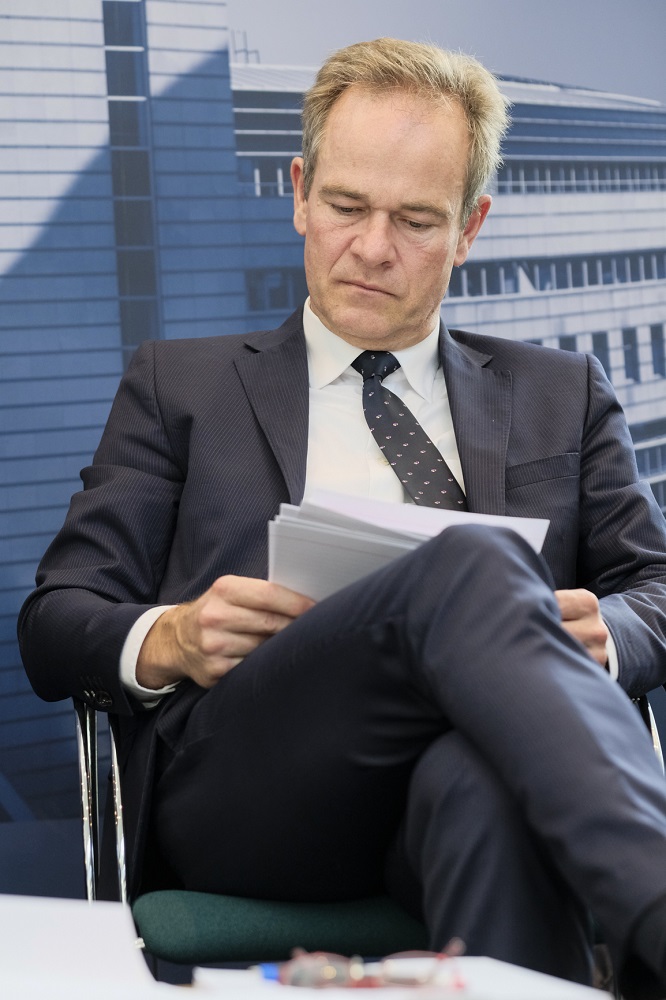






[…] Source Article from https://epthinktank.eu/2019/04/15/forty-years-of-direct-elections-to-the-european-parliament/ […]